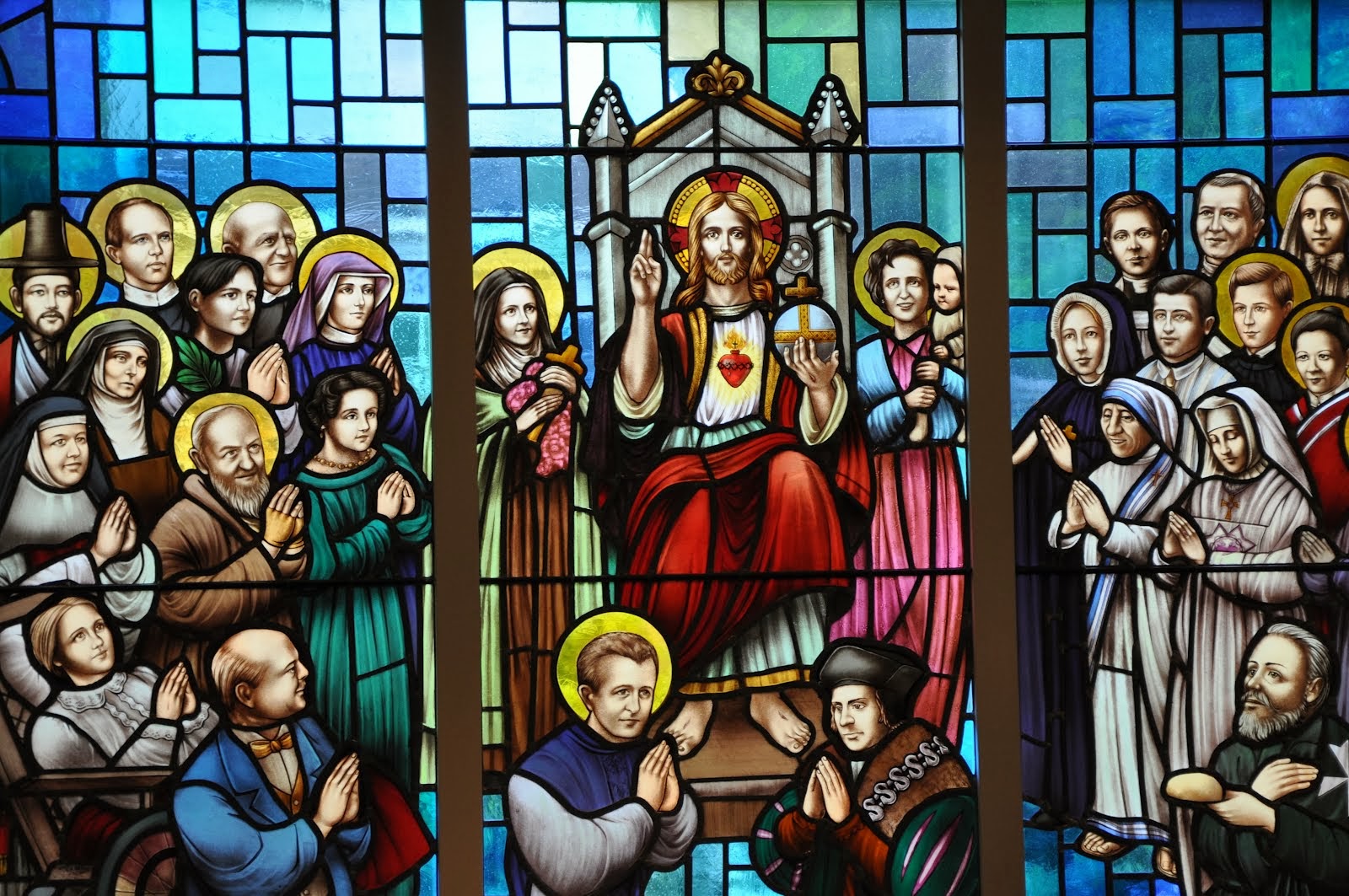
“Being obedient, Mary became the cause of salvation for herself and for the whole human race.” St. Irenaeus (2nd-3rd centuries)
“Obedience is, in a way, the mother of all virtues.” St. Augustine of Hippo (4th-5th centuries, Doctor of the Church)
“Obedience unites us so closely to God that in a way transforms us into Him, so that we have no other will but His. If obedience is lacking, even prayer cannot be pleasing to God.” St. Thomas Aquinas (13th century, Doctor of the Church)
“The whole of your faith is founded upon obedience, for by it you prove your fidelity.” St Catherine of Siena (14th century, Doctor of the Church)
“Man finds in obedience the annihilation of self-love, and the true liberty of the children of God.” St. Vincent de Paul (16th-17th centuries)
“There are souls who say that they are unwilling to be guided except by the Spirit of God, and who fancy that all their imaginations are inspirations and movements of the Holy Spirit, Who takes them by the hand and guides them in all that they wish to do like children. In this assuredly they deceive themselves very greatly. For, was there ever a more special vocation than that of St. Paul in which our Lord Himself spoke to him in order to convert him, and yet He would not instruct him but sent him to Ananias saying, ‘Arise and go into the city, and there it shall be told you what you must do’. And although St. Paul might have said, ‘Why will You Yourself not tell me what to do?’ he said nothing of the kind but simply went and did as he was told to do. We think ourselves more favored by God than was St. Paul, believing that He desires to guide us Himself without intervention of any creature! For us, God’s guidance is nothing but obedience, and all else is mere deception.” St. Francis de Sales (16th-17th centuries, Doctor of the Church)
“Love without limit for our best of fathers, our heavenly Father, is demonstrated and developed through obedience, particularly when it comes to fulfilling obligations that are not to our liking. The most beautiful and truest book within which we may learn to deepen our love so as to follow Love, is the Crucified.” St. Maximilian Kolbe (19th-20th centuries)
“In order that He might be really and truly a man, [Jesus] consented, in His wonderful condescension, not to call into exercise the powers that He had as God. It is not too difficult for us to understand how a person, having strength, may refrain from using it. For example, a father can gently pick up a child, or a giant turn the pages of a book. In like manner, a man may have strong and good eyesight, but he need not use it farther than he pleases…So Our Blessed Lord took a nature like ours in all things save sin and accommodated Himself to the feebleness of that nature – limited Himself, if we may use the expression, to the walls of it. That is why Our Blessed Lord never worked a miracle in His own behalf. Taking upon Himself a human nature, He subjected Himself to its limitations. But what is most interesting is that the subjection to His Blessed Mother is associated with growth in wisdom and favor with God. It is in His human nature that Our Blessed Lord gives us a perfect example of obedience.” Ven. Fulton Sheen (19th-20th centuries)
“The obedience to His Father’s Will is His own, but since He presents it as the Son of Man, it is also a representative obedience. It is the obedience which men ought to offer to God, and which they should offer, did they fulfill the obligations of sonship. Representing men, He offers that obedience in their name and for their sake, with the intention that they should identify themselves with it, and so offer themselves. He intended that men should participate in the self-offering and appropriate the power of His surrendered life. His redemptive service is not intended to be a work wrought apart from men.; it is rather a work into which they are permitted to enter in such a way that what He does on their behalf becomes a very vital factor in their approach to God.” Ven. Fulton Sheen
“I have great reverence for Saint Michael the Archangel; he had no example to follow in doing the will of God, and yet he fulfilled God’s will faithfully.” St. Faustina Kowalska (20th century)
